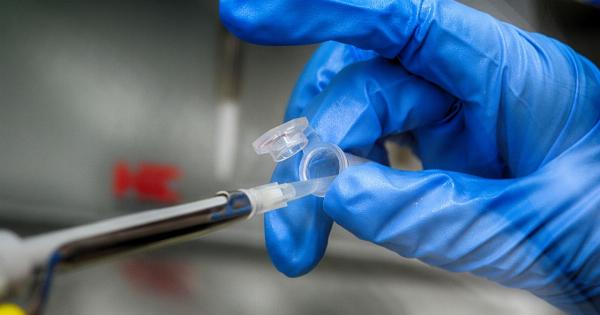Belly swelling can happen due to a variety of reasons. In most cases, it is harmless and will go away on its own. However, in some cases, it can be a sign of a serious underlying condition.
It is important to know when to seek medical attention for your belly swelling. In this article, we will discuss the six most common triggers of belly swelling and when it is necessary to speak to your doctor.
What Causes Belly Swelling?
There are a variety of triggers that can cause belly swelling. Here are six of the most common:.
1. Overeating
Eating too much food in one sitting can cause belly swelling. The stomach can only hold so much food, and when it becomes too full, it can cause discomfort and swelling. This type of belly swelling is usually temporary and will go away on its own.
2. Constipation
Constipation is a condition where stools become hard and difficult to pass. It can cause belly swelling and discomfort. This type of swelling can usually be relieved by drinking more water, eating fiber-rich foods, and exercising more.
3. Fluid Retention
Fluid retention can cause belly swelling. This can happen due to a variety of reasons, including hormone imbalances, kidney problems, heart failure, or liver disease. This type of swelling can be serious and requires medical attention.
4. Gas
Gas can build up in the digestive system and cause belly swelling.
This can happen due to a variety of reasons, including eating foods that are difficult to digest, swallowing air while eating or drinking, and digestive disorders such as inflammatory bowel disease or irritable bowel syndrome. This type of swelling is usually temporary and can be relieved by reducing gas-producing foods or taking over-the-counter gas relievers.
5. Pregnancy
Pregnancy can cause belly swelling due to the growing fetus and increased fluid retention. This type of swelling is normal and usually goes away after delivery.
6. Tumors
Tumors in the stomach, liver, or other organs can cause belly swelling. This is a serious condition that requires immediate medical attention.
When to Speak to Your Doctor?
It is important to speak to your doctor if you experience any of the following symptoms:.
- Severe belly swelling that does not go away
- Belly pain
- Difficulty breathing
- Chest pain
- Fever
- Nausea and vomiting
- Blood in stool or vomit
These symptoms can be signs of a serious underlying condition and require immediate medical attention.
Conclusion
Belly swelling can happen for a variety of reasons. In most cases, it is harmless and will go away on its own. However, in some cases, it can be a sign of a serious underlying condition.
It is important to know when to seek medical attention for your belly swelling. If you experience any of the symptoms mentioned above, speak to your doctor immediately.




























